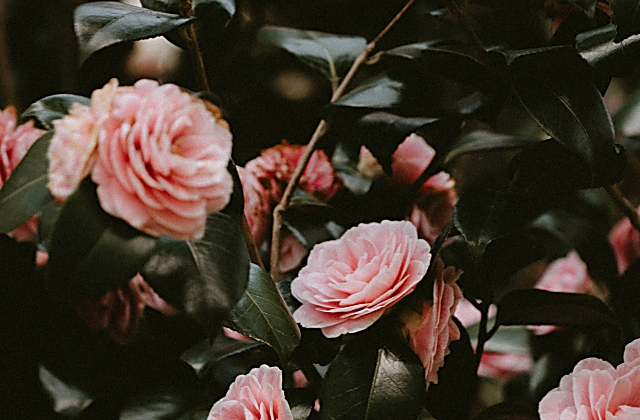Best Soil For Roses

The best soil for roses is generally a rich and deep loamy clay soil, but any normal soil will work, as long as it’s well drained. And a deep clay soil is great as well, if it’s well drained and also allows excess water to run off from the roots. Manure is excellent and is especially useful when planting in areas that get a lot of rain, because its high water solids make the soil less hardy. Rose plants need a lot of moisture, so it’s vital that they get it, but it’s equally imperative that they don’t get it too much, or the roots may rot. Also, watering a rose garden too often can lead to the loss of leaves.
If you’re trying to grow roses in containers then you’ll have to pay attention to getting them moist enough. Any container garden needs to have at least a week in a month of very warm weather, but the soil should be slightly moist to avoid fungal diseases. If you’re growing roses in pots, then you probably want to plant your seedlings in a sunny spot, but you should check with a specialist before you do this to find out their growing requirements. Rose plants will normally need half a pound of water per week for good drainage, so a four-pound bag of potting soil with about eight inches of depth is ideal. There are many different types of rose plants, so check the internet for some advice before you plant anything.
A container rose garden is a great idea for any kind of climate, and the best potting soil for container roses will vary from one variety to another. Most container roses are fairly self-sufficient, but remember that they do need to have some extra nutrients added to their soil mixture to help encourage healthy root growth. Planting roses in containers also allows you to move them if necessary, as long as you move them slowly and gently. If you’re planting in soil that has already been planted, make sure to move the largest pots first, and then follow with the small ones. Smaller pots can easily be damaged by too much movement.
Soil with high nitrogen and water-soluble fertilizer will help your roses to grow, but it’s important that you keep an eye on their nitrogen levels. This is because they do extremely well when the soil is high in nitrogen but low in water-soluble fertilizer, but you have to watch the levels as this is quite different from when you have high water-soluble fertilizer in the soil. High nitrogen but low water solute means high in, so your roses will have trouble developing deep roots and will struggle to spread if they are unable to penetrate the soil deeply. So the optimal ph level for your roses depends on the type of rose you are growing.
The best mulches for rose plants are those that contain at least one cup of a soluble fertilizer each pound of planting. This will supply your plants with the nutrients they need to develop strong blooms. Your roses will also benefit from the added protection from insects and soil erosion that mulches provide. Most roses do not require a pre-emergent weed free program and most weeds are already dormant during the winter season.
As with any plants in your garden, your roses need calcium for strong flowering buds and blooms. Calcium can be found in both plant foods and also in the soil. In addition to phosphorus, potassium is also present in a number of plant foods, as is manganese and sulfur. Potassium is particularly important for growing bushes that produce berries as this mineral helps to prevent the loss of chlorophyll during flowering. Potassium is also important for preventing fungal diseases, so you may want to add a trace of this mineral to your garden soil.
If you are looking for the best rose garden soil, then your best bet is to buy ready-made compost or humus blends. These types of fertilizers are available at most gardening retailers, and it is not very difficult to make your own at home. If you choose to make your own compost, there are a number of available recipes to help you. There are many kinds of composts on the market from organic to commercial, so you can easily choose a blend that best suits your needs.
By properly preparing your rose garden soil, you will be able to enjoy healthy, blooming roses throughout the year. Most roses may require a pre-emergent weed free application of weed killers in spring. You should also avoid over-feeding your bushes with fertilizers during the growing season, because this practice will encourage the growth of fungus, which will harm your roses.